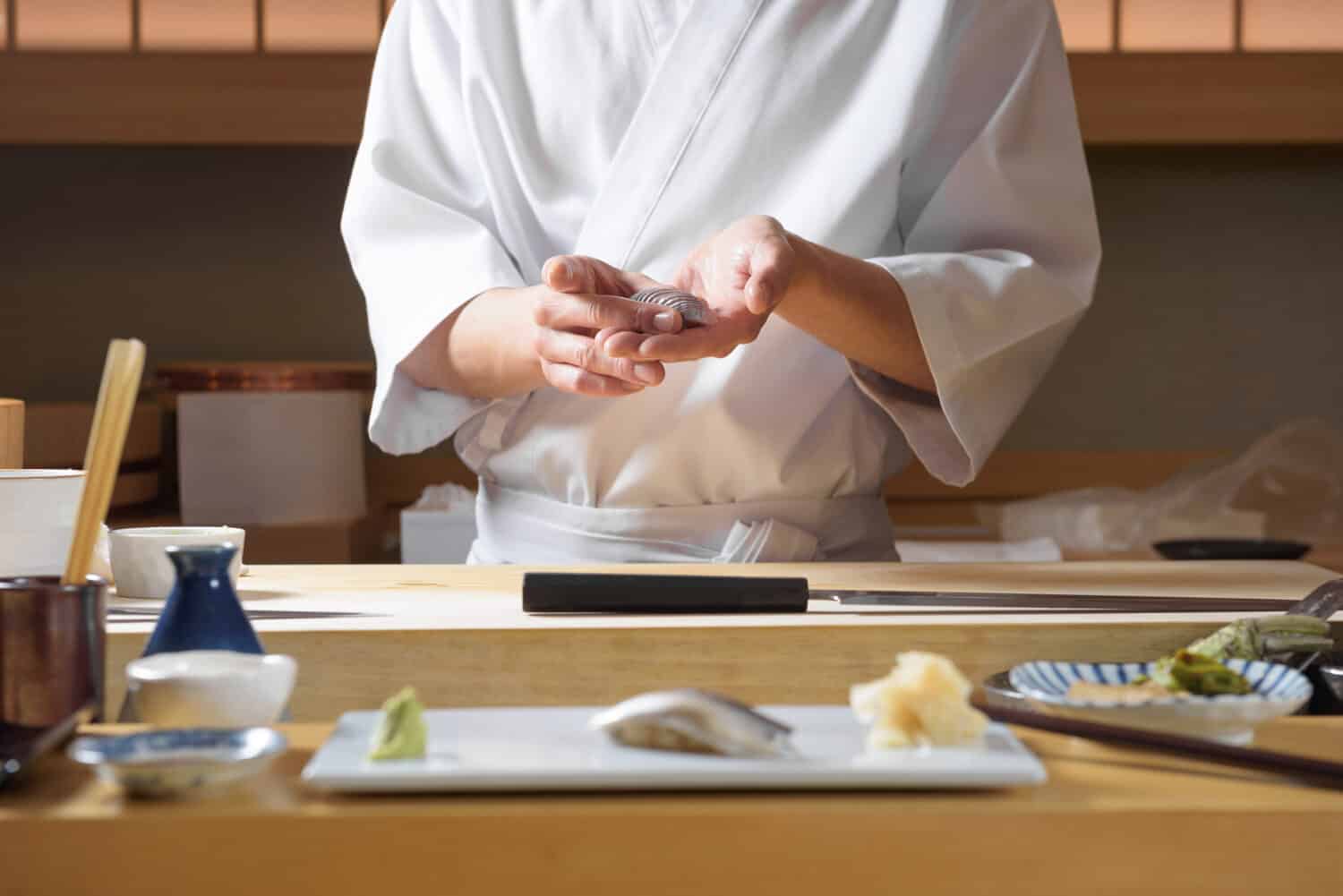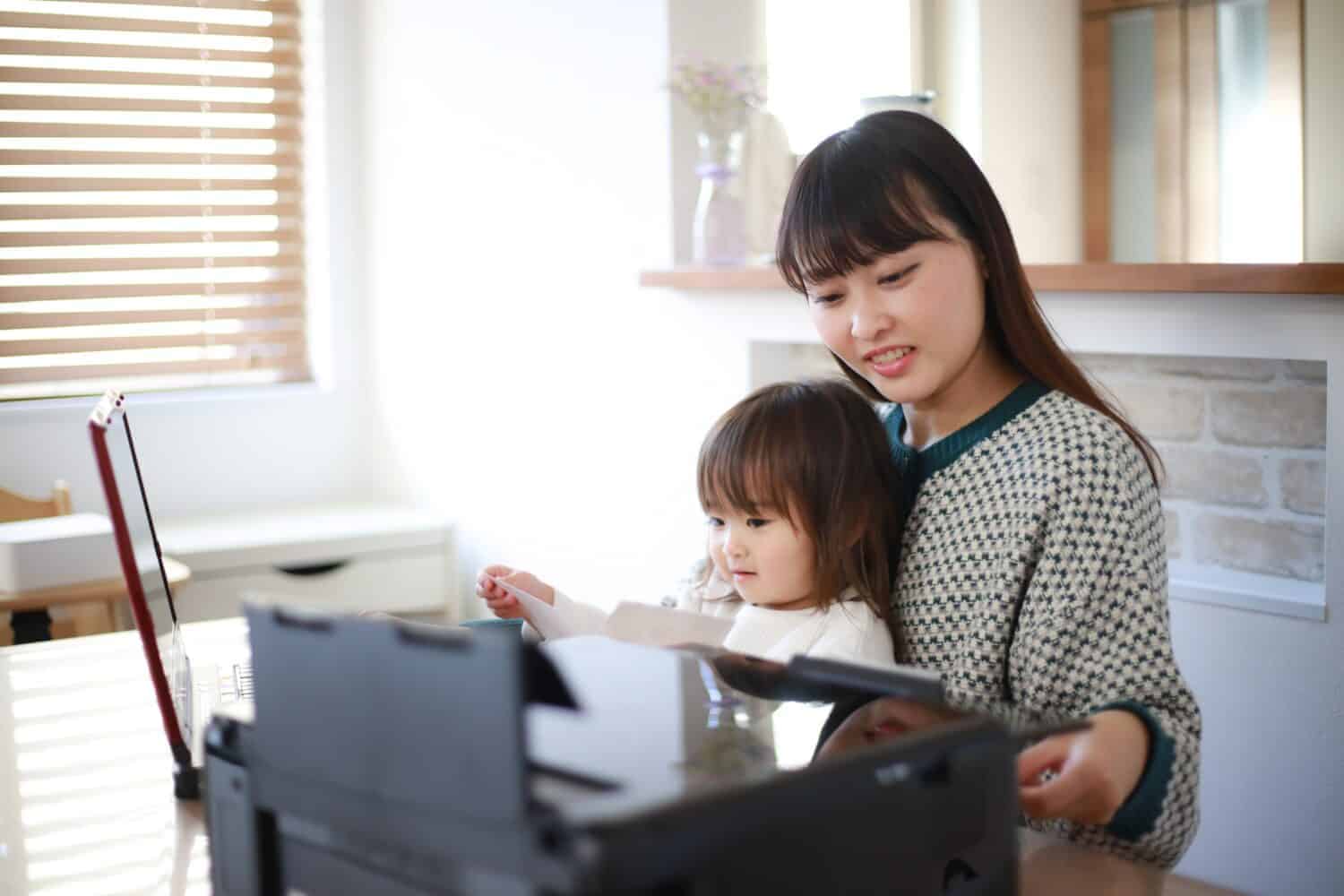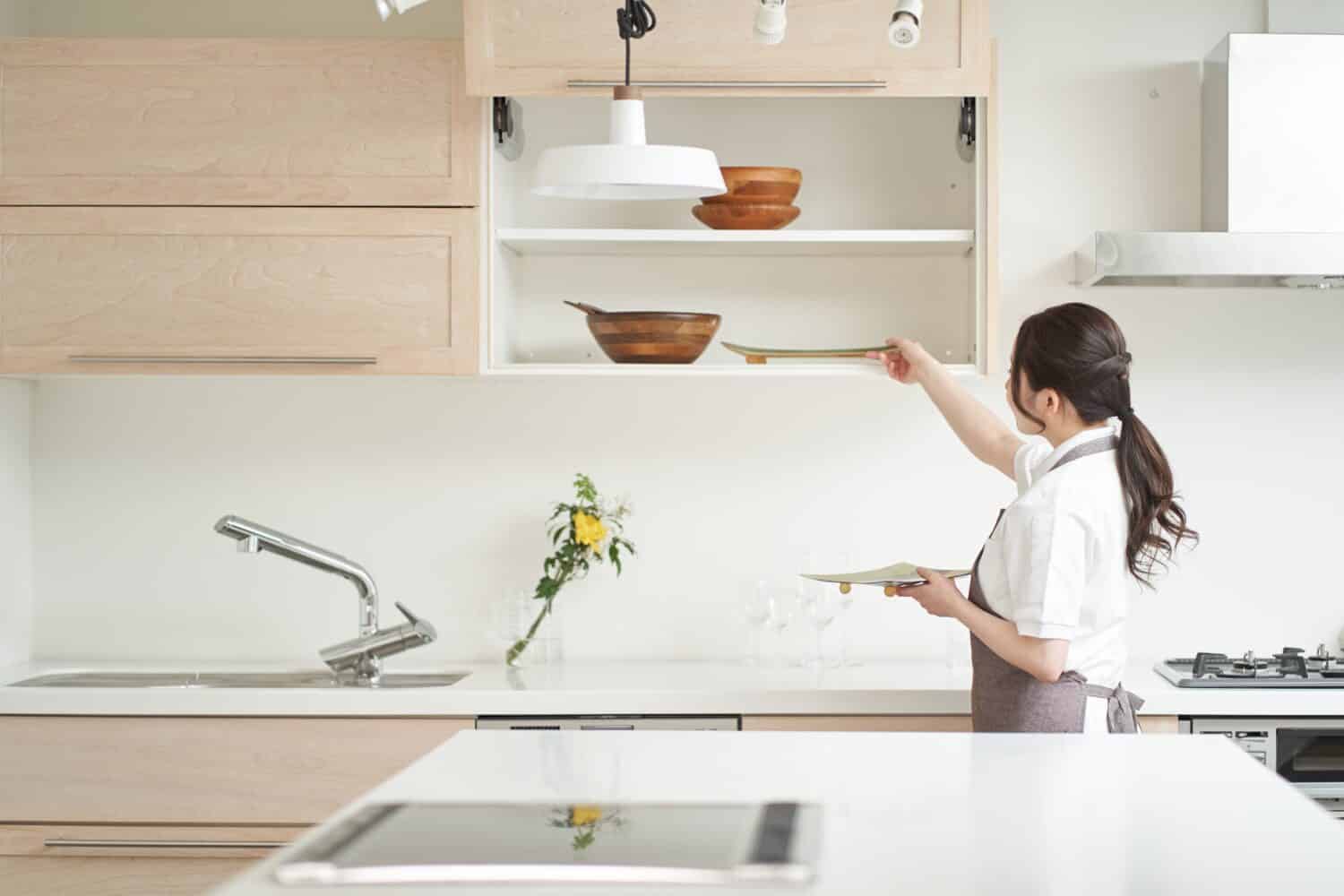





























Everyday Routines in Japan That Americans May Struggle With
Customs, practices, and traditions are inherent to cultures in every country. Not everyone follows these routines or habits, and they can vary by region or household, but if you're unfamiliar with them, they might seem unusual. This is how it is with many everyday routines in Japan that Americans may struggle with.
Japan is a country that values respect, kindness, and cleanliness and these values are often reflected in many of the country's cultural rituals practiced to maintain these values. To some Americans, these common Japanese customs aren't things they typically practice in their homes which is why they might find them confusing.
To compile a list of everyday routines in Japan that Americans may struggle with, Moms Who Think consulted multiple websites, including Savvy Tokyo, Marie Kondo, and Forums like Reddit. This step allowed us to narrow down customs and routines important to Japanese culture and gain insight from tourists and citizens.
Removing Shoes Before Going Inside
In Japanese culture, cleanliness is extremely important. The citizens of Japan value cleanliness so much that when you walk through a busy city, it's nearly spotless and immaculate. Many people notice the stark contrast between the cleanliness of Japanese cities and American cities immediately upon visiting.
It's not just the cities that remain clean. Japanese residents value cleanliness in their households. Removing shoes before entering one's own or someone else's home is a customary Japanese household routine.
Removing shoes is expected for several reasons. It keeps unwanted water, dirt, and germs from tracking into homes. Additionally, many floors are made of tatami mats, which can be challenging to clean.
Also, removing your shoes shows respect to those hosting you and your own homes. Taking shoes off isn't just reserved for homes. Many public spaces, including temples and restaurants, require the removal of shoes. Additionally, rental properties in Japan require renters not to wear shoes in their homes.
While removing your shoes before coming inside should be standard practice worldwide, it's less common in America. Sometimes, it may feel awkward to ask a guest to take their shoes off. Other times, not removing shoes has to do more with comfort, social norms, or how someone grew up.
Eat Until You Are 80% Full
Mindfulness and respect play important roles in Japanese culture. These two values are seen in the custom of eating until you are 80% full. To avoid eating until you are stuffed, you have to be completely mindful and listen to your body.
While challenging in America, adopting this practice can be great for your overall health, especially since it takes around 20 to 30 minutes for our brains to signal to our stomachs that we are full.
Bathing Daily
While this household routine is not followed by 100% of people living in Japan, it is pretty common. In fact, around 70% of the population takes a daily bath in the evening.
A hot bath after a long day of work and school is something that many look forward to. It can be a great way to warm up and relax.
Washing Before Getting into the Bath
Many people enjoy taking a bath at home, but some also like to go to the bathhouse. Regardless of where a person takes a bath in Japan, there is a sure way to do so.
Baths are typically for relaxation, not for cleaning. Therefore, before you get into a bath, wash and rinse off before getting into the tub. This step cleans you off so you can focus on the relaxation that comes with soaking in a tub. Additionally, this step keeps the tub clean for the next person when bathing in a bathhouse.
Daily Household Cleaning
Cleaning is a shared family practice where children also help. The art of cleaning spaces daily teaches children to respect their belongings and how to take care of them.
Since cleanliness is often essential for hygiene and religion in Japan, this practice is not just done at home. Workplaces host cleaning times, and schools also have the children help clean during the school day.
Washing Clothes Every Day
Washing clothes daily is common in Japan for married couples and families. Sometimes, families and couples wash clothes every other day. This practice is because the Japanese do not like it when dirty clothes pile up. It can create an overwhelming feeling and is not great for the clothing.
While some families in America wash clothing daily, this is not a well-known cultural practice. Instead, when and how much a person washes clothing is entirely dependent upon their own preferences and upbringing.
Wearing Special Slippers in the Bathroom
It is common for those in Japan to have special slippers to wear around the house. Some people have a special set for each room. However, even if there's not a set of slippers for each room, there is at least a set to keep in the bathroom.
The toilet slippers are specifically designated for this room for hygiene purposes (many people sit on the floor in their homes). Therefore, any germs that are on the bathroom floor stay on the bathroom floor. Additionally, in Japan, wearing specific bathroom slippers is simply considered proper etiquette.
Washing Hands Thoroughly When Coming in from Outside
While handwashing is generally adopted as a customary practice in America, not everyone washes their hands when entering their homes every time they come in from outside.
However, washing your hands when coming in from outside is standard practice in Japan. Children are taught from a very young age how important this step is and practice it daily. This standard step keeps germs and bacteria at bay and should be a basic hygiene practice.
Gargling When They Come Inside
If you ever caught a cold as a child, your parent or caregiver may have told you to gargle with warm saltwater. It can relieve the pain of a sore throat. However, did you know it is common in Japan to gargle with warm salt water whenever you come home? This step is often done alongside handwashing.
Gargling with warm salt water reduces the risk of catching a virus. While a couple of studies have been done, many are still wary of this practice's effectiveness.
Being Mindful and Not Wasting Resources
In Japan, the concept of mindfully not wasting resources is called mottainai. Throughout Japanese culture, there is a deep-rooted respect for resources, especially food. In Japan, it's common to see wasting food as exhibiting bad manners. In many households, children are taught to eat everything on their plate.
Of course, portion control is a significant factor in whether or not you are wasting food on your plate. For this concept to pair well with the mindfulness of how much you are eating, it's important not to let your eyes get bigger than your stomach.
One reason the Japanese may prioritize not wasting food is that the country has had issues with food waste.
Saying No to Multitasking
Japan is no stranger to work ethic. Its citizens value hard work and education. It's not uncommon to work long hours. While this is also true in America, many people get tripped up by trying to multitask. Yet, when focusing on more than one task at a time, quality is diminished.
In Japan, many people are choosing to say no to multitasking. This concept is called kotsu-kotsu or "step-by-step," and it means to simplify one's life and routine. When you say no to multitasking and trying to do too many things at once, you can combat stress and create a better work-life balance.
Tidying Up in the Mornings
The Japanese value clean spaces. This concept is not just for their homes; the value of clean spaces spills over into their cities, schools, and workspaces.
It's common practice to tidy up in the morning, no matter where you are. Workplaces often have time set aside for communal cleaning for employees. Additionally, many cities host community clean-ups, and schools also emphasize the importance of cleanliness.
Students will also help clean the school because it promotes a clean mind and workplace. While this is sometimes done in the morning, other times, time after lunch is set aside.
Getting Rid of One Item Before Buying Another
Most everyone has heard the name Marie Kondo. In recent years, she mainstreamed the concept of minimalist living and tidying up your life. When getting started with KonMarie (the name pinned to her concept of living minimalistically), she explains six steps to tidying up your life to feel better about your home.
These steps include removing items that don't spark joy and decluttering before organizing. Marie Kondo also recommends discarding one item before buying another. This idea can help immensely with clutter. Sometimes, it's easy to collect a ton of items, some we don't even use until we feel overwhelmed and stressed by all the stuff we have.
In Japan, keeping things tidy is a priority. Therefore, the concept of keeping tabs on the items you own works wonders for building a tidy life.
One Last Note
Japan has a deep appreciation for cleanliness, respect, and social responsibility. Citizens value taking care of themselves and their spaces, and these values trickle over into every area of their lives. Therefore, practices such as cleaning daily, not wasting resources, and washing themselves often are a form of self-respect and respect for their spaces and others.
These 13 Japanese household routines would be challenging for many Americans to abide by. While many people in America value hard work, cleanliness, and self-respect, we live in a world and society of excess and pressure to do it all. This means we often adapt to multitasking, not taking breaks, and not tidying up our spaces. (who has the time?)
While this pressure can come from the economy, family, or even self, if one adopts a few of these practices into their daily life, they may begin to feel less stressed and enjoy their lives even more. Therefore, if one of these Japanese household routines would benefit your life, don't be afraid to try one today.